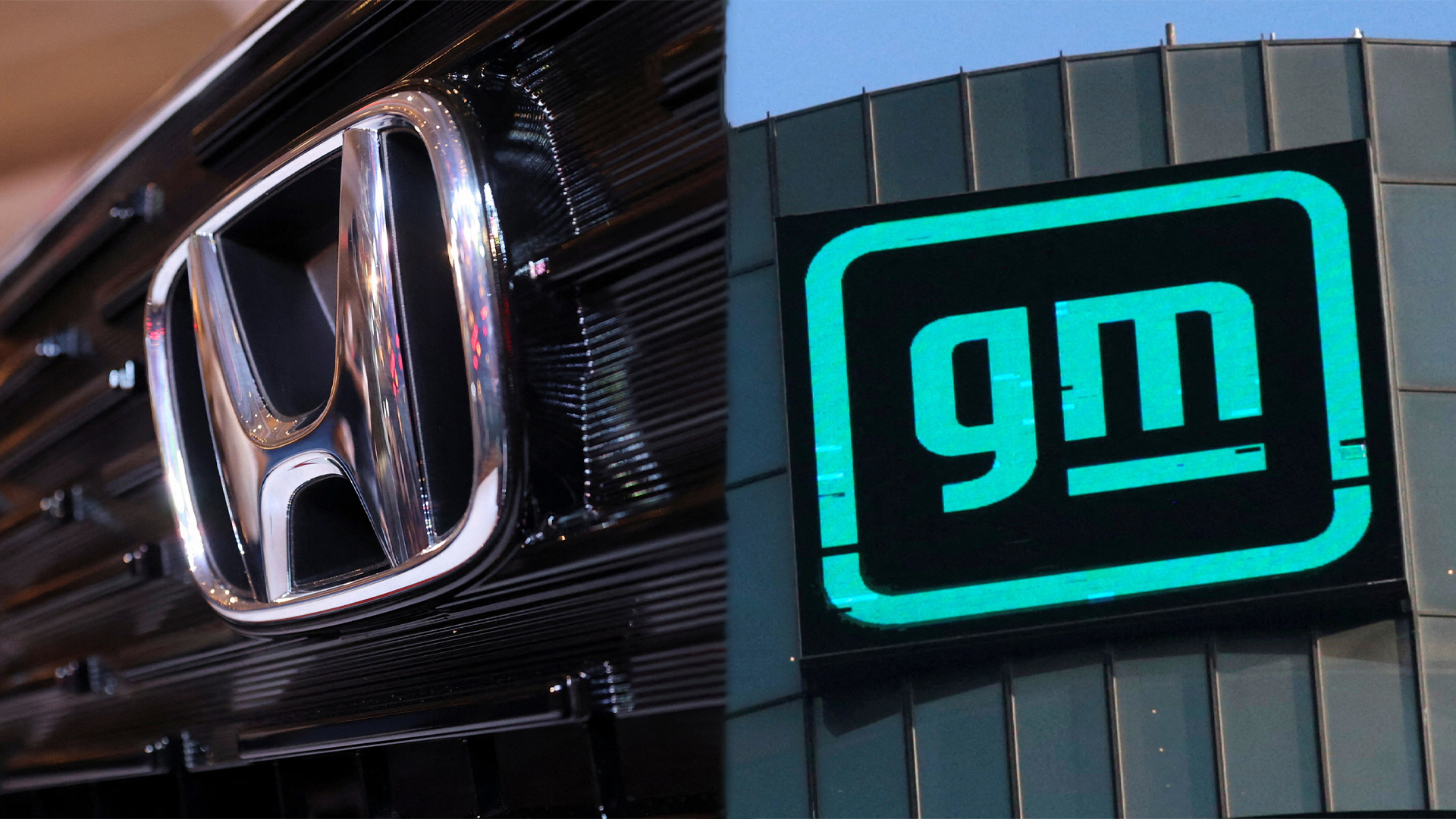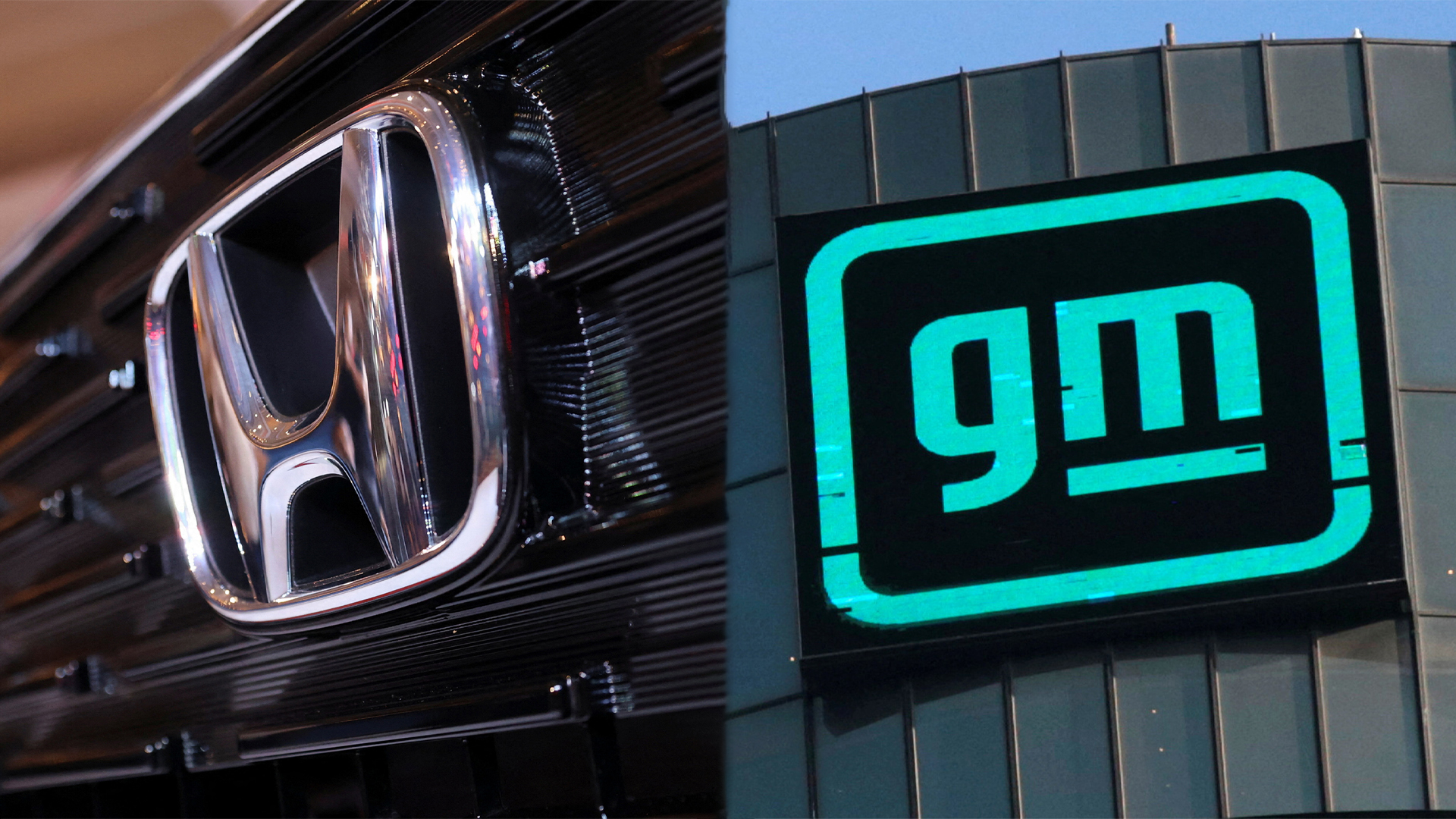General Motors Co and Honda Motor Co are expected on Monday to announce an expansion of their collaboration on fuel cell technology development, people familiar with the plans said following a notice of a press conference. GM and Honda on Friday said two senior executives would hold a news conference in Detroit with Michigan’s Lieutenant Governor, Brian Calley.
Mark Reuss, GM’s executive vice president for global product development and Toshiaki Mikoshiba, chief operating officer for Honda’s North American region, are scheduled to make “an important advanced technology announcement,” the companies said. The statement did not elaborate. Honda and GM formed an alliance in 2013 to develop next-generation fuel cell system and hydrogen storage technologies, aiming for the 2020 time frame.
Vehicles powered by fuel cells earn credits for automakers under federal and state rules aimed at reducing emissions of greenhouse gases that allow them to sell larger, petroleum-fueled vehicles that typically earn higher profits. GM has been working on hydrogen as a fuel for cars for more than half a century. It created a test car using hydrogen in a modified Chevrolet Corvair in the mid-1960s.
Honda in December began leasing its hydrogen fuel cell Clarity Fuel Cell in Southern California. Fuel cell vehicles combine hydrogen and oxygen to produce electricity, which runs a motor. Unlike lithium-ion battery electric vehicles, a fuel cell vehicle already has a driving range nearing that of conventional gasoline-powered cars and trucks, according to the Union of Concerned Scientists. The lack of hydrogen fueling stations and the high cost of development are among the obstacles to high volume sales of such vehicles.
Reuters


)




)
)
)
)
)
)
)
)